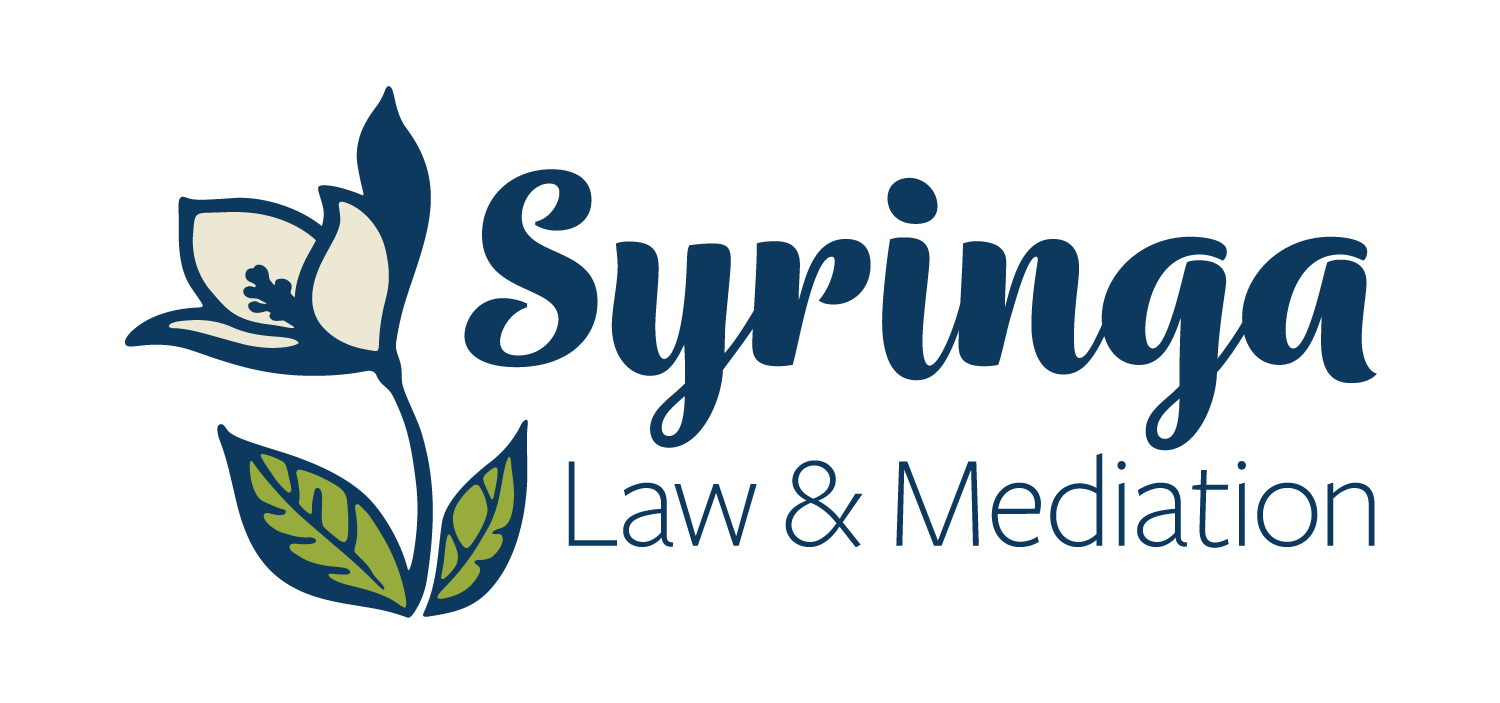Divorce and Parenting Plan Mediation

Mediation to fit your situation
Let us help you as your family transitions to new parenting arrangements or through divorce or parenting-related disputes. We focus on meeting the needs of all parties (including the children) to move forward compassionately and fairly with outcomes that works for everyone. Call or text now to see if we can help you and your family.
Our Local Mediation Services
Enlist us to help you find resolution of difficult situations through our mediation and coaching services, offered via Zoom meetings and when available in-person in Spokane, WA
Areas of Mediation include:
- Divorce without children
- Divorce with children
- Parenting Plans
- Modifying existing Parenting Plans
- Residential schedules
- Summer schedules
- Any other disputes within families
Mediation Services & Our Mediation Process
We will listen to your issues and offer a mediation process that fits the parties’ unique situation. Each family dispute is different. You might be separated from your spouse but still needing to work together to co-parent. Or maybe you are doing your own divorce, without the help of an attorney, and need help working out a property settlement or parenting plan. Or perhaps you have a lawyer and might be working through a contentious divorce and need to reach a settlement to resolve conflicting legal claims. We have a slightly different process for each of these situations.
Each case starts with an intake over the phone, so we can listen to your issues and ask clarifying questions. After intake, we will propose a series of meetings that fit your situation. If you just need mediation as soon as possible because you have an upcoming court date, we might schedule you right away, even for the next day if the other party is available and there is an opening. We will schedule individual meetings with each side, followed by one or more mediation session of 3-4 hours at a time until we reach resolution or determine that a mediated agreement is not attainable.

Syringa Mediation’s Affordable Solutions for Moving Forward
Compared to hiring an attorney, mediation is an affordable way to attempt to reach a mutually-agreeable resolution with the other party, even many times when it seems like both parties are too far apart. Mediators work with both parties to find common ground and a way to get the needs of both sides met.
How Mediation Can Work for Your Situation
Divorce Mediation – Once we reach a mediated agreement, we help you work through the paperwork so your mediated agreement can be transferred into the divorce document (FL Divorce 201) in a way that makes sense to both parties. The agreement can include issues outside of the information necessary to file the divorce paperwork such as pet custody. The agreement made in Divorce Mediation is called a CR2 Agreement and is a legal settlement agreement, upheld by the courts. The CR2 Agreement is not an order from the court and though it can be referred to in court, and filed with the divorce paperwork, you will need to file the necessary documents to file for divorce to make the agreement a court order.
Parenting Plans- We work with both parties to write a parenting plan agreement with a focus on negotiating what will work best for both parents through the lens of what your kids need. We talk about the residential schedule, the custodial parent, vacation schedules, and tax responsibilities. We also work though the child support information that you will need to provide to the court. To make our time most efficient, parties are encouraged to bring their most recent pay stub, current school schedules, activity schedules and other needs pertaining to the children. We try to write a parenting plan agreement that will hold up through the changes of childhood.
We also walk both parents through the Parenting Plan to come up with the solutions that will work for not just the parents, but for the children that will feel the largest impact of the parenting plan. As with the divorce paperwork, the information in the mediated agreement or CR2 Agreement will need to be inserted into the Parenting Plan (Form FL All Family 140) and submitted to the court so that it can be an enforceable court order. By having a mediated agreement, the parents are less likely to change the agreed information between mediation and getting the paperwork submitted to the court.
Modify a Parenting Plan When Circumstances Change – Sometimes things change after a parenting plan is submitted. Sometimes parents find that the things put into the parenting plan that they thought were going to work, actually don’t. Or perhaps it’s been a few years, the kids are older, parents have moved and it’s time to change the residential schedule or who’s making major decisions or who is claiming the kids. A major change or a minor change is a good thing to mediate to make sure both sides are getting their needs met.
Minor Disagreements – Sometimes the patterns of inefficient communication are too deep to be productive. Meeting with a mediator allows both parties to be heard and a neutral third party to help problem solve to meet the parties needs as best as possible. Some of these mediations can be short, some take more time.
Meeting on Zoom or In-Person
We offer in-person mediations in Spokane, WA based on our schedule availability. Mediation in person allows each party to sit together and work through the issues in a meaningful way.
Zoom mediations can allow the parties to be in the same “room” while also having space and the protection of a screen. Communication between the parties is the most efficient way to do mediation, with the mediator managing the process and each party making proposals and counter proposals.Another benefit of Zoom mediation is that we can draft the agreement together on the screen and see documents and research and process together. Also, not all parties are in the same region and Zoom allows parties to participate from a comfortable space, no matter the geographic location.
Either way, in person or on Zoom, we do our best to help all participants feel as comfortable as possible during the process.

Preparing for Family Mediation
The most important thing to do before mediation is to imagine you are negotiating with the other side.
– What requests will you make of them?
– Which of these requests are they likely to reject?
-What might they ask from you in return?
– What information do you not know that you need in order to negotiate with them?
You have a mediated agreement, now what?
If parties come to an agreement in mediation, they have a few options for moving through the next steps. The mediated agreement will reflect the court paperwork needed to file for a court order. If parties file paperwork that's agreed to, the judge is more likely to sign the agreement and you might be able to avoid court and additional attorney fees.
The "do it yourself" option:
You can file the paperwork yourself.
More Resources
We’ve made a list of more resources for families in transition. We hope you find it helpful.

